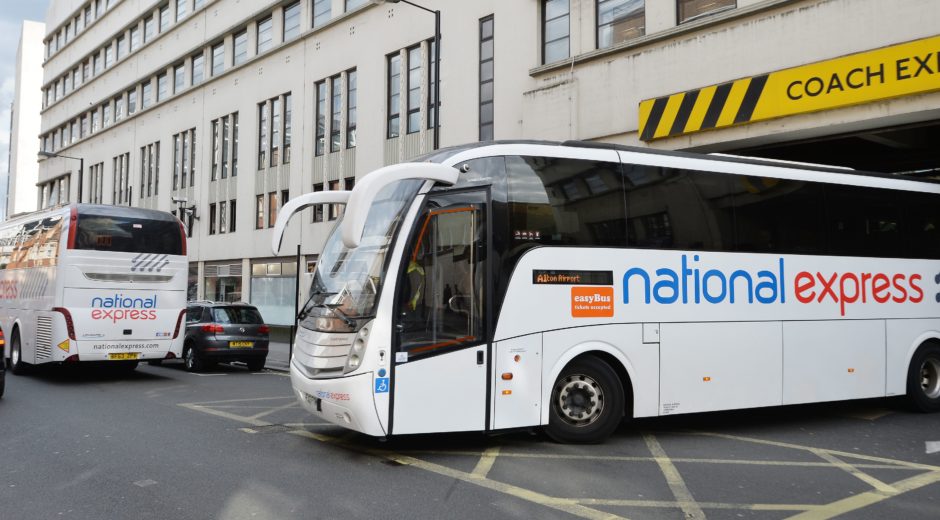
National Express has committed to buy no more diesel buses for its British fleet from Thursday and set a target to have a fully zero emission bus fleet by 2030 and coach operation five years later.
The West Midlands-based firm said it would also launch its first electric coach service between London and Stansted Airport in a trial.
Bosses at the bus and coach business added they have agreed to have their bonuses linked to environmental targets.
But coaches will take longer to turn electric due to the long distances travelled on National Express routes.
Chief executive Dean Finch said without improvements and investment in major infrastructure achieving zero emission targets, especially for coaches, will not be possible.
He accused authorities of failing to “grasp the nettle” and told the PA news agency: “We do need Government and the energy providers to recognise this is an issue.
“The focus is on residential use, but what will happen is people like us will become their biggest users… That’s something they’re only vaguely aware of despite our best efforts.”
Mr Finch also explained the London to Stansted electric coach trial is possible because current batteries provide enough range for the 45-mile journey, and that he is confident advances in battery storage can be achieved.
The announcement was welcomed by Andy Street, the Mayor of West Midlands where National Express operates its biggest UK bus fleet, who has been pushing for greener transport options.
He said: “Air pollution is a major contributor to climate change in the West Midlands, and we need to make sure people across the region are being presented with clean, viable alternatives to the car.
“The West Midlands Combined Authority and I will do all I can to support them to reach their zero-carbon pledge by 2030.”
National Express, which also operate bus services in Dundee and Coventry, admit the cost to buy of electric and hybrid buses are higher than diesel ones – on sale for £450,000 versus £300,000.
But Mr Finch said savings would be made elsewhere.
He said: “Our business case is set around the fact the maintenance cost is half of a diesel and because they’re more reliable we will be able to buy fewer of them.”
The company currently has between 1,600 and 1,700 vehicles operating, with a ten to 15-year lifespan.
Just one in ten is electric or hybrid but by purchasing 160 new buses each year, National Express believe it can reach the target.
Mr Finch added that the UK’s push towards a greener economy was more advanced than most other countries National Express operates in, but hoped to set targets for its other markets, including the US, Spain and Switzerland.
He said the one exception is Morocco which “has a remarkably green agenda and is in some respects more proactive than the UK”.
Recommended for you
